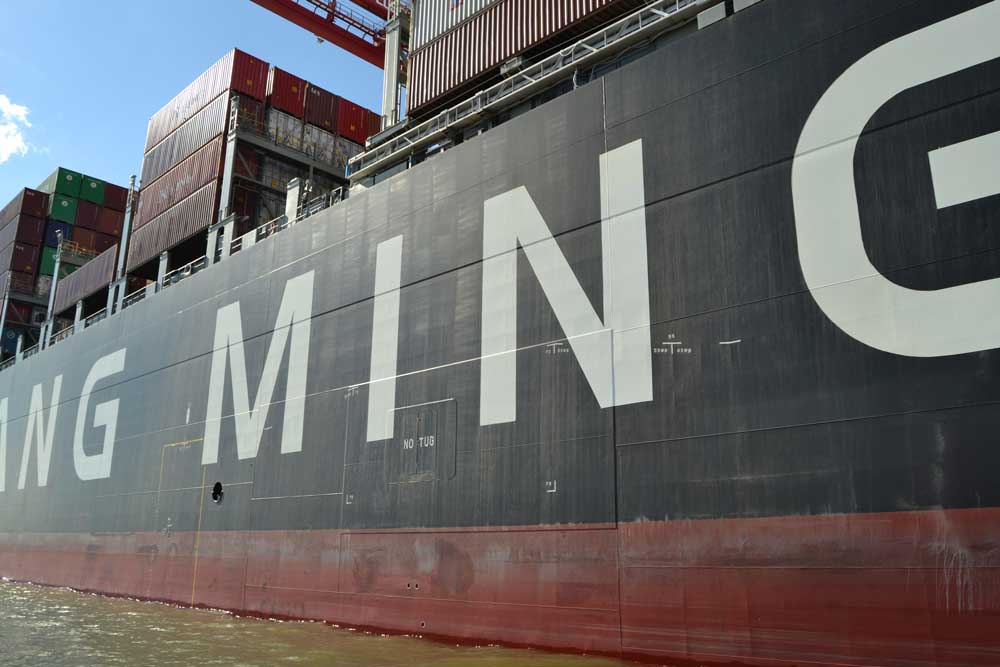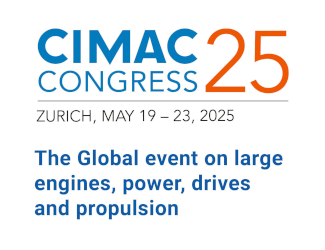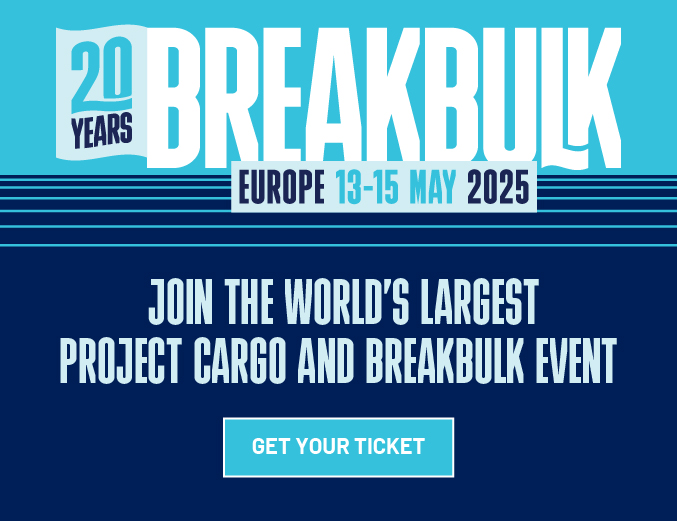Just like other industries the maritime sector notices an increasing shortage of skilled professionals. The German Shipbuilding and Ocean Industries Association (VSM) banks on attractive education and cooperative study programmes
Lack of growth potentials, limited supply and additional workload for existing personnel: these are the effects of a growing skills[ds_preview] shortage. The German economy gets to feel what it means, when thousands of jobs remain vacant. The German Economic Institute (IW) has recently calculated that Germany’s economic output decreases by 30 bn € per annum because of this situation. Currently, the IW says the industry is lacking 440,000 professionals.
The maritime industry is feeling this effect as well – especially in the area of higher education. In 2017 for the first time the number of university entrants for maritime related studies significantly decreased. 226 started studying for a Bachelor of Engineering and Science in 2017. This 15% decrease is noticeable as the over-all number of university entrants has remained on constant levels in recent years. The number of graduates in the maritime industry has also decreased. The number of newly enrolled students in the field of shipbuilding and ocean technologies remained unchanged at 79. This shows that the predominant part of students go for a Master’s degree and German universities have enough capacity to provide higher qualification in maritime master curricula. Overall, 181 students graduated in 2017 in this field, of which 100 acquired a Bachelor’s degree, 80 a Master’s degree and one a graduate engineer. This is a significant 13% decrease.
Although numbers in the area of traditional university education show a negative trend, the maritime industry keeps a positive outlook into the future. Unlike other industries, the maritime sector took action at an early stage of the development to tackle the increasing skills shortage. Cooperative study programmes were expanded to offer an attractive alternative to traditional education curricula. The investment into these cooperative programmes pays off: today, one of five trainees is enrolled in such a programme. The cooperative system is today being offered by universities of applied sciences as well as by technical universities. An above-average trainee allowance and a multitude of advanced education options contribute to the attractiveness of the shipbuilding and ocean industries sector. A number of companies across Europe are currently working on an exchange programme through which trainees can gather working experience abroad.
Another factor is the impressive technology in shipbuilding that fascinates young people. Anyone who has interest in hands-on work, technical skills and understanding as well as spatial imagination has a good chance to find a multifaceted education, exciting challenges and good job prospects in one of the more than 20 professions. Even on political level an improvement of the situation in education is targeted. Education has been included into the set of tasks for the newly established German Maritime Centre (DMZ), to coordinate the topic nationally across federal state borders.
All in all it can be expected that these measures will contribute to maintain the maritime industry’s favourable position regarding education and skilled professionals in the future. During the current government’s term, industry, universities and administration should cooperate closely on finding new talents to avoid letting the skills shortage become a major hurdle for the German maritime industry.
Reinhard Lüken
















